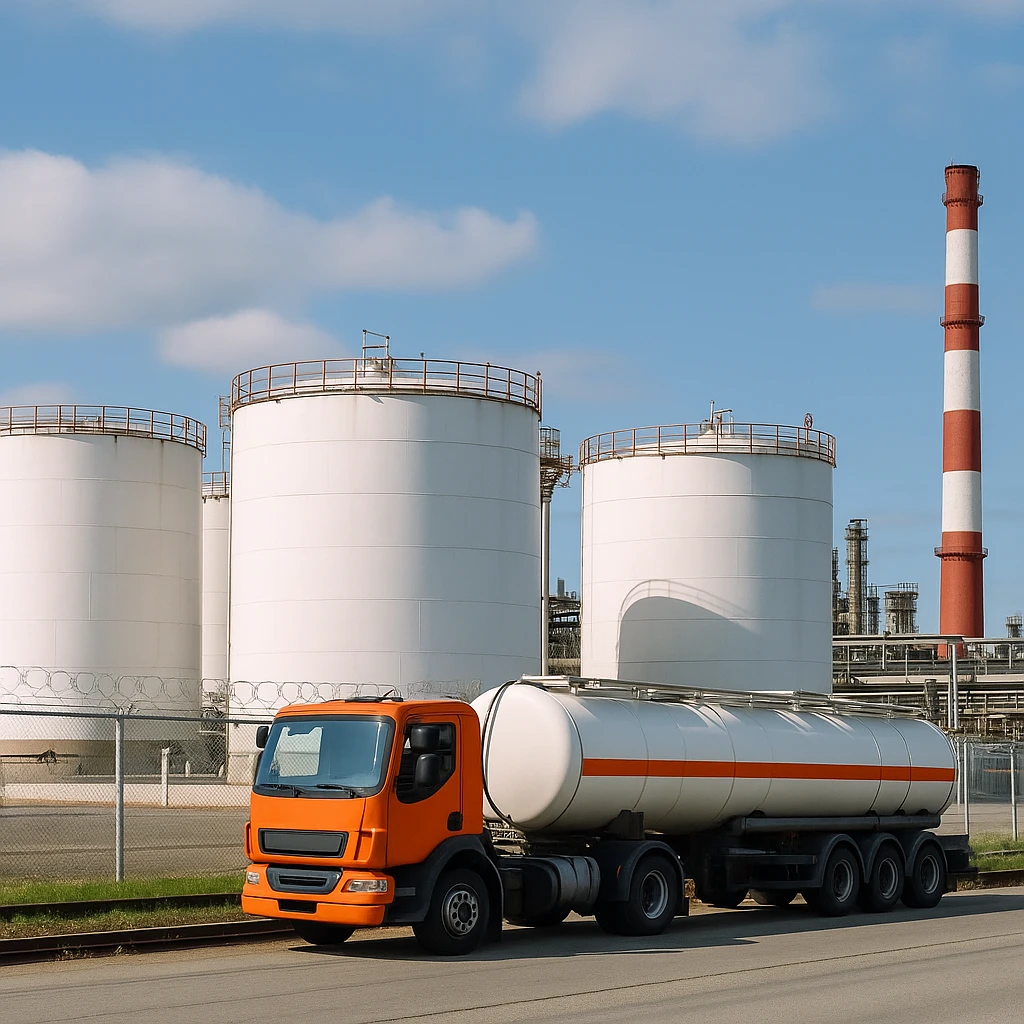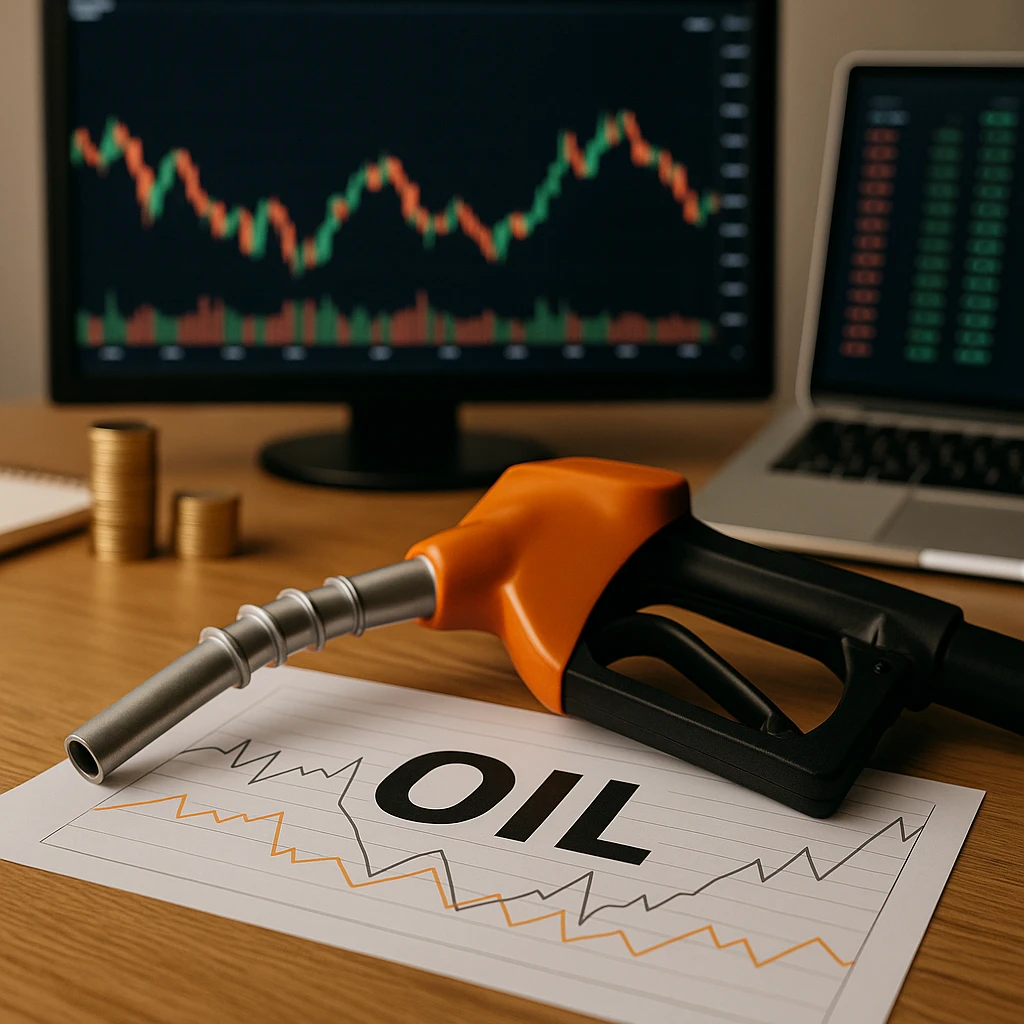The Global Impact of Fuel & Oil Trading on Emerging Markets
As energy demands rise worldwide, fuel and oil trading has become a strategic pillar for economic development — especially in emerging markets. 🌍
This blog explores how this dynamic sector shapes economies, secures energy access, and influences international relations.
🔁 Trade Flow & Supply Chains
Fuel trading ensures a continuous flow of vital resources. For developing nations, access to reliable fuel supplies means supporting industry, transportation, and national infrastructure.
-
⛽ Lower volatility means stable prices
-
🚛 Improved logistics boost GDP growth
📉 Risk, Pricing & Market Access
Emerging markets often face limited access to hedging tools and are exposed to price shocks. Brokers and intermediaries play a key role in managing risk, enabling governments and private sectors to plan long term.
🤝 Partnerships That Matter
By forging bilateral agreements or tapping into global markets, developing countries can reduce dependency and foster energy independence.
🔮 The Road Ahead
With the energy transition underway, traditional fuel trading is evolving. Opportunities in cleaner fuels, carbon offsets, and digital platforms are beginning to reshape how oil is sourced and sold.
Conclusion:
Fuel and oil trading is far more than a business — it's a geopolitical and developmental engine. Understanding its mechanisms helps countries and companies make smarter moves. 🚀




Kommentare: